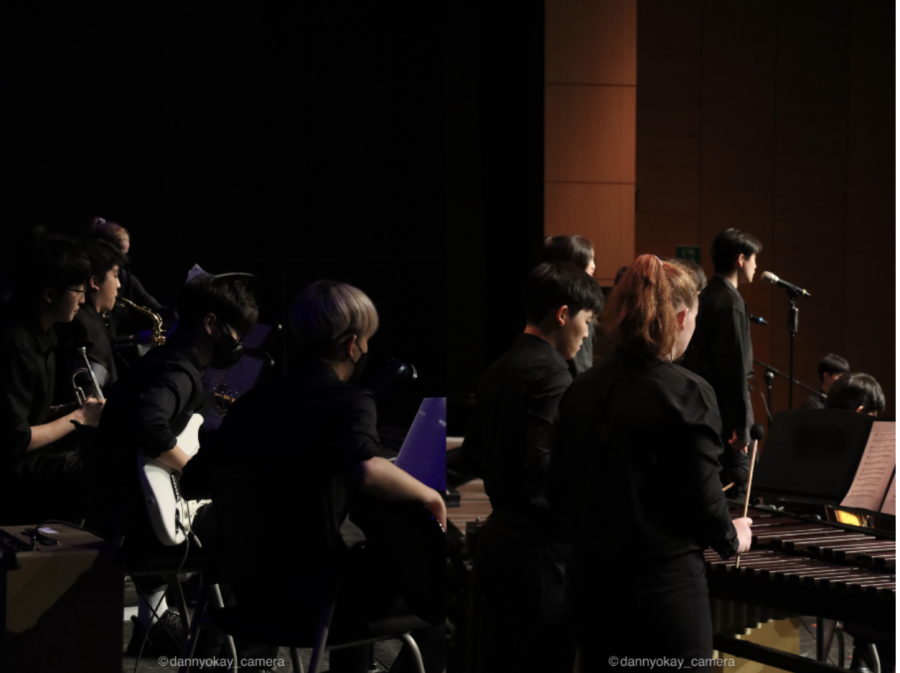
The release of the “Barbie” movie in July has sparked enlightening conversations about mental health, bringing feminism into the spotlight. Setting box office records in the US whilst instigating a massive spike in sales of Mattel’s Barbie, the movie has encouraged many people to reminisce about the role the iconic doll played in their childhoods as well. However, the film’s less-than-average performance in South Korea implies a reluctance within the nation to embrace a feminist-themed foreign movie.
The movie’s opening weekend received merely 8% of the total box revenue, declining to 3.9% in the second weekend—it has sold just over 460,000 tickets since 19 July. This contrasts greatly with the 3.6 million tickets sold for Mission: Impossible – Dead Reckoning Part One, as well as the more than 5.8 million for the Pixar movie Elementals. Furthermore, localized Korean versions of the posters ahead of the movie’s release were shown to have omitted some original slogans such as “Barbie is everything” or “He’s just Ken.” This unnecessary removal has led to some forms of critique about the undermining of the feminist ideals depicted in the movie. The distributor of the film, Warner Brothers Korea, has responded to the negative criticism by claiming that the move was “not intentional.”
In recent years, feminism in South Korea has become increasingly associated with radical behavior, leading to its perception as an unacceptable concept. Many argue that the current misogynist tide was instigated by young Korean men’s perception of women as “threats who continue to receive preferential treatment.” According to a survey conducted in 2019 by media outlet SisaIN, about 78.9% of men in their 20s agreed with a statement about feminism being representative of “female supremacy.” In addition, South Korea has ranked 105th out of 146 countries in the World Economic Forum’s Global Gap Index in 2023.
The Barbie doll has encountered plenty of backlash throughout its years; many have said that it creates an unrealistic, quixotic image that women feel pressured to follow. According to the New York Times, a teenager named Mal from Baldwinsville, NY has claimed that whilst the slogan of Barbie may be “You can be anything,” it just showed her what “the world wanted” her to be. It is evident that the doll, although seemingly an innocent childhood toy, has caused uncontrollable insecurities among young children.
Director Greta Gerwig has proclaimed the movie to be “most certainly a feminist film,” commenting on the stereotypical expectations of women in our contemporary society. Film critic and researcher Jason Bechervaise commented that the movie’s performance in South Korea, compared to other Western markets, was not surprising at all. He explained to the Guardian that he doesn’t see anti-feminism as the mere reason of Barbie’s underperformance: “Korea is a unique market – some films like Elemental overperform, while others do the opposite, which we are seeing in Barbie. This is also true of films like Star Wars, which are closely connected to American pop culture but do not perform well here.” In the status quo, societal efforts to combat gender inequality within South Korea are continuing to be interpreted as creating a punitive environment for young men. Regardless, much positive change is underway with feminist movements (such as Escape the Corset) and new guidelines with “gender equality in recruitment.” In Chadwick International, students are promoting female empowerment with advocacy and service, voicing their opinions in clubs such as Girl Up or Z-Club.















